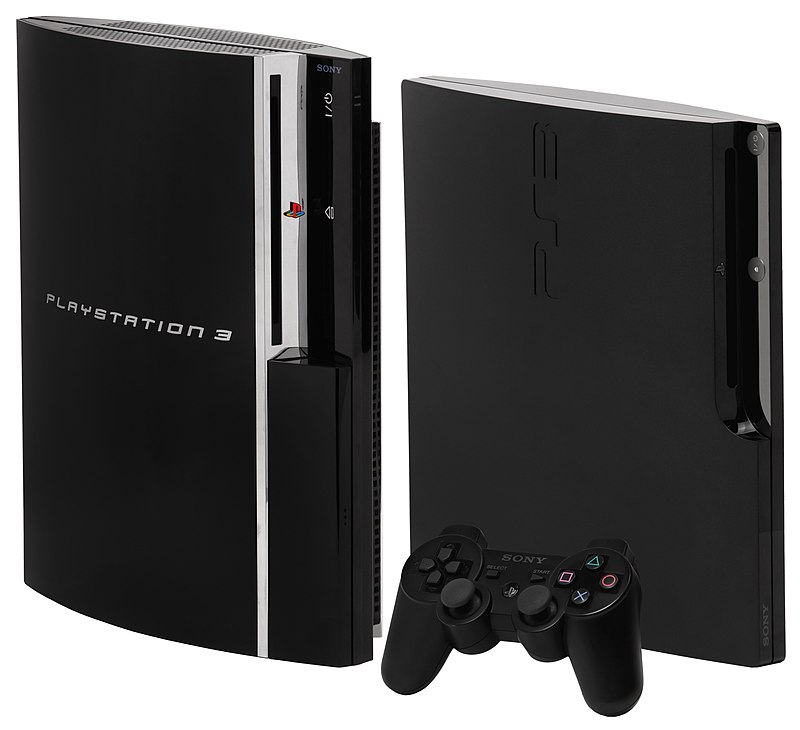Efforts to make PlayStation 3 games playable on diverse platforms have gained a breakthrough, with the successful integration of a cutting-edge emulator compatible with Raspberry Pi 5 and Apple Silicon. This development marks a significant stride in the emulation landscape, offering wider accessibility to the PS3’s expansive game library.
The new capability stems from enhancements made to RPCS3, the renowned open-source PS3 emulator. Developers focused on optimizing performance to accommodate the hardware limitations of smaller, less powerful systems like the Raspberry Pi 5. For Apple Silicon devices, native support has been expanded to take full advantage of Apple’s M-series chips, ensuring smooth gameplay without the need for complex workarounds or dual-boot systems.
The Raspberry Pi 5, launched with considerable hardware upgrades compared to its predecessor, has proven robust enough to handle lightweight PS3 titles. Leveraging its enhanced CPU and GPU architecture, the emulator has demonstrated functional performance in running select games. Though high-demand titles remain a challenge, this progress signals a promising step for enthusiasts seeking cost-effective emulation solutions.
Apple Silicon devices, particularly the M1 and M2 chipsets, are now among the most efficient platforms for RPCS3. Optimizations for macOS ensure better resource utilization and streamlined execution. Users have reported playing a range of PS3 games on these devices with minimal lag and graphical fidelity comparable to the original console.
Emulation has long been a complex endeavor for the PlayStation 3, whose unique Cell architecture posed significant challenges. Unlike traditional CPU designs, the Cell Broadband Engine combined a primary processing core with additional synergistic processing units, creating difficulties in replicating its functions on non-native hardware. Developers of RPCS3 have been steadily improving the emulator for over a decade, and these breakthroughs underscore the culmination of years of dedicated work.
The advancements have garnered praise for democratizing access to classic games, especially as physical PS3 consoles become harder to acquire. However, the development has also reignited debates surrounding the legal and ethical implications of game emulation. Critics argue that such practices may infringe on intellectual property rights, while proponents emphasize preservation and accessibility, particularly for titles no longer available through official channels.
Gamers using Raspberry Pi 5 can now explore lighter PS3 games such as *Persona 4 Arena* and *Ni no Kuni*. Meanwhile, Apple Silicon users have reported stable experiences with graphically intensive games like *Red Dead Redemption* and *Uncharted 2*, although these titles often require additional configurations.
The emulator also supports a wide range of input devices, allowing players to use DualShock controllers or customize settings for alternative gamepads. Further innovations include online connectivity features, enabling multiplayer gameplay for titles with active servers.
Despite these strides, the developers have noted ongoing challenges. Achieving perfect emulation for every PS3 game remains an elusive goal due to the console’s intricate hardware and diverse game optimizations. Performance is heavily dependent on the host device, with some games requiring manual tweaks or experimental builds to achieve satisfactory results.
Future updates for RPCS3 are expected to focus on improving compatibility and performance for high-demand titles. Developers are exploring collaborations with hardware manufacturers to optimize emulation further and reduce resource overhead. For the Raspberry Pi, this may involve leveraging advancements in Linux-based systems to support a broader array of PS3 games.
Community feedback has been instrumental in guiding the emulator’s evolution. Users contribute bug reports, performance data, and configuration tips, fostering an active exchange of knowledge. Online forums and social media platforms have seen increased discussions about setting up RPCS3 on Raspberry Pi 5 and Apple Silicon, with enthusiasts sharing their success stories and troubleshooting advice.
The broader impact of this development is reflected in the growing interest in retro gaming and hardware repurposing. Devices like the Raspberry Pi have become popular for their versatility, serving as cost-effective solutions for gaming, coding, and media consumption. The compatibility with PS3 games further enhances their appeal, solidifying their place in the emulation ecosystem.
For Apple Silicon, this achievement underscores the performance capabilities of M-series chips, which continue to redefine expectations for personal computing. Native support for RPCS3 on macOS highlights the potential for Apple’s architecture to accommodate high-performance applications, even in areas traditionally dominated by Windows-based systems.

